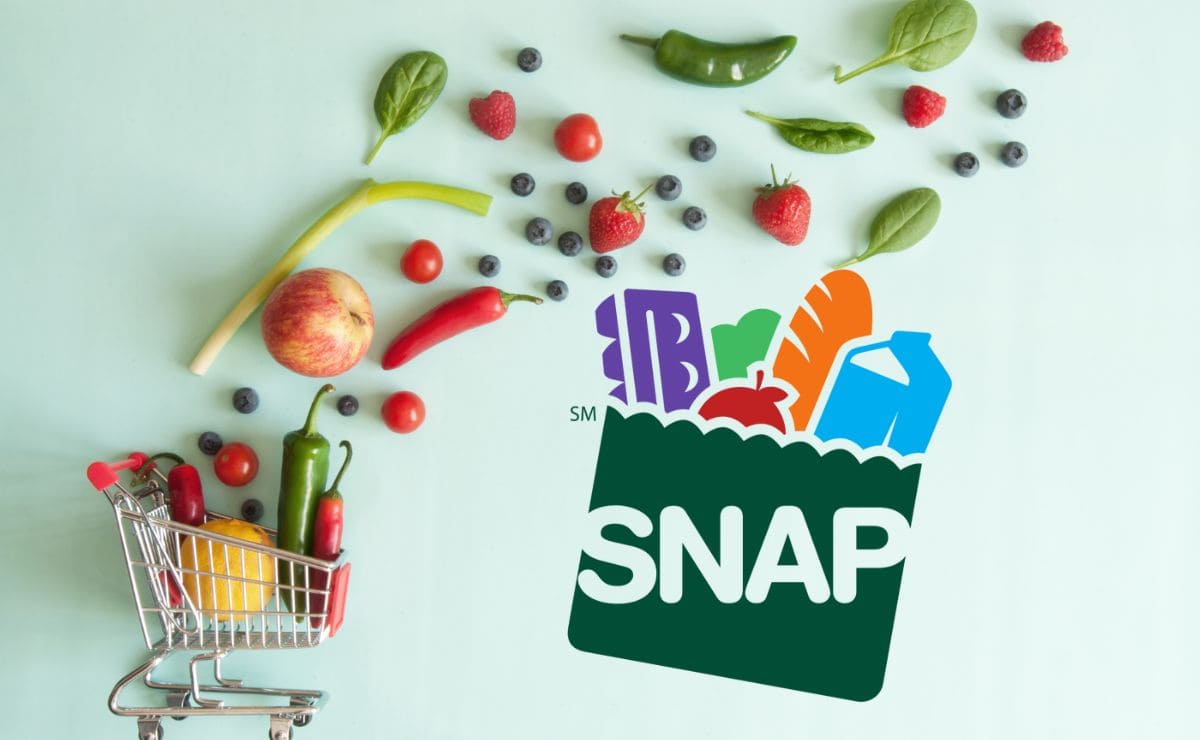The Rural Prosperity and Food Security Act of 2024 aims to protect and enhance SNAP benefits and agricultural policies, but faces opposition from a Republican proposal to cut $30 billion from the program potentially reducing benefits for millions of Americans.
Upcoming Changes to SNAP Benefits in 2024
The Supplemental Nutrition Assistance Program (SNAP) may undergo major changes with the introduction of the Rural Prosperity and Food Security Act of 2024 by Senate Agriculture Committee Chairwoman Debbie Stabenow. This act aims to protect existing conservation and climate funding and safeguard SNAP benefits. However, a Republican proposal threatens to cut $30 billion from the program over the next decade and freeze adjustments for food inflation, potentially reducing the average household’s monthly benefits by $7. These changes could affect over 41 million Americans who currently depend on SNAP costing the federal government around $7 billion each month, according to the report of MARCA.
The Rural Prosperity and Food Security Act of 2024 seeks to reform agricultural policies to create a fairer food and agriculture system. It addresses important conservation and climate issues strengthens public-private partnerships in agricultural research and invests in local farming communities and markets to improve supply chain access. These measures aim to build a more sustainable and resilient food system.

(photo: VIBES Noticias – OkDiario)
Major SNAP Changes in 2024: $30 Billion in Cuts, Impact on 41 Million Americans, and New Proposals for Fairer Access
A significant proposal in the act is to make crop insurance more affordable without affecting commodity prices, supporting farmers better. The legislation also aims to improve land access and credit availability for small and local farmers, helping ensure a steady and reliable food supply.
Specific changes to SNAP within the act include several adjustments to improve access and fairness. These include excluding the military basic allowance for housing from SNAP income calculations, waiving college restrictions for individuals aged 24 or younger who have aged out of foster care and excluding income from employment and training programs from SNAP eligibility considerations. These changes aim to make it easier for vulnerable populations to access SNAP benefits.
The act also proposes restoring SNAP benefits for drug felony convicts allowing them to apply 30 days before their release to support reintegration. It plans to extend SNAP benefits to Puerto Rico ensuring residents there receive the same support as those on the mainland. Additionally, the act seeks to increase funding for SNAP education to improve awareness and utilization of the program.
READ ALSO: Act Now: Millions In Unclaimed Tax Refunds Await! Deadline Extended To May 17, 2024!
The debate over these changes continues with potential significant impacts on SNAP benefits. The proposed reforms could enhance support for millions of Americans while the Republican draft threatens to cut benefits and impose stricter measures, affecting food security and the well-being of many households across the nation.

















































